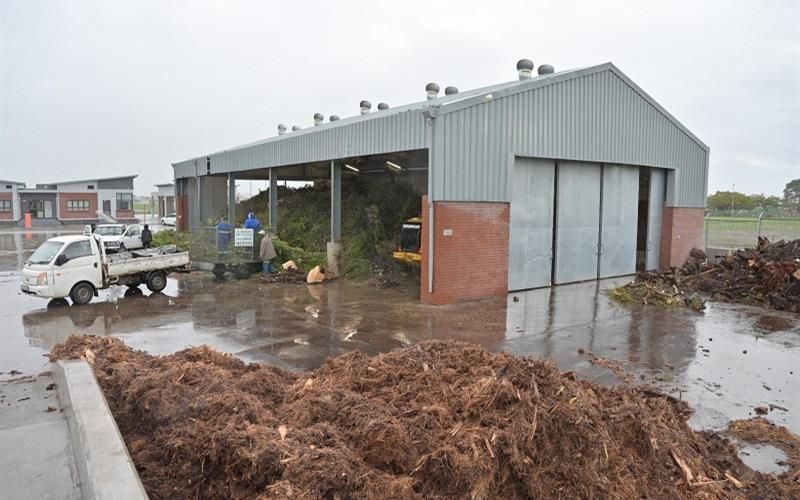Small, medium, and micro enterprises (SMMEs) have the opportunity to partake in the growing waste management sector in the City of Cape Town. The Urban Waste Management Directorate hosted an event to encourage SMMEs to register as accredited waste management companies and comply with legal requirements.
Accreditation Requirements
Accreditation ensures that the companies involved in waste handling and transportation follow environmentally conscious practices and allows them to qualify for bidding on waste management tenders offered by the City. To earn accreditation, businesses must demonstrate viable plans for cleaning, treating, separating, storing, transporting, and disposing of or beneficiating materials they handle.
Complying with Legal Requirements
Residents must use only accredited waste management companies to remove recyclables, building and demolition waste, garage waste, and garden waste from their properties. The City takes care of household waste removal. By ensuring that a waste management company is accredited, residents can help prevent illegal dumping on nearby open land.
Opportunities for Accredited Waste Service Providers
The City’s Enterprise and Investment Department’s Business Hub showcased the opportunities that exist for accredited waste service providers to collaborate with the City at the event. An exhibition of household waste items that could be repurposed and educational material on recycling was also on display.
Importance of Accreditation
Alderman Grant Twigg, the Mayoral Committee Member for Urban Waste Management, stressed the significance of raising awareness about accreditation for both SMMEs and residents. He emphasized that accreditation helps residents identify waste management companies with viable and environmentally-conscious plans for handling waste, ensuring that it is disposed of legally and responsibly.
Accreditation Process
The accreditation process is straightforward and easily accessible, with no cost to register. Interested businesses can sign up online and view a checklist of required information for their application. After submission, applicants will be notified when their application is being reviewed and the date for inspection. The entire process takes between three to four months to complete, with each step in the accreditation process followed diligently.
Assistance for SMMEs
To assist in completing the waste management plans for accreditation applications, SMMEs can reach out to Alfonzo Noble (021 400 2478) and Yolokazi Bikwana (021 4001 760).
Conclusion
The City of Cape Town’s initiative to promote accreditation for waste service providers is a step in the right direction, emphasizing the importance of environmentally-friendly waste management practices. By raising awareness and providing support, the City is paving the way for SMMEs to thrive in the waste management sector and contribute to a cleaner, greener future.








